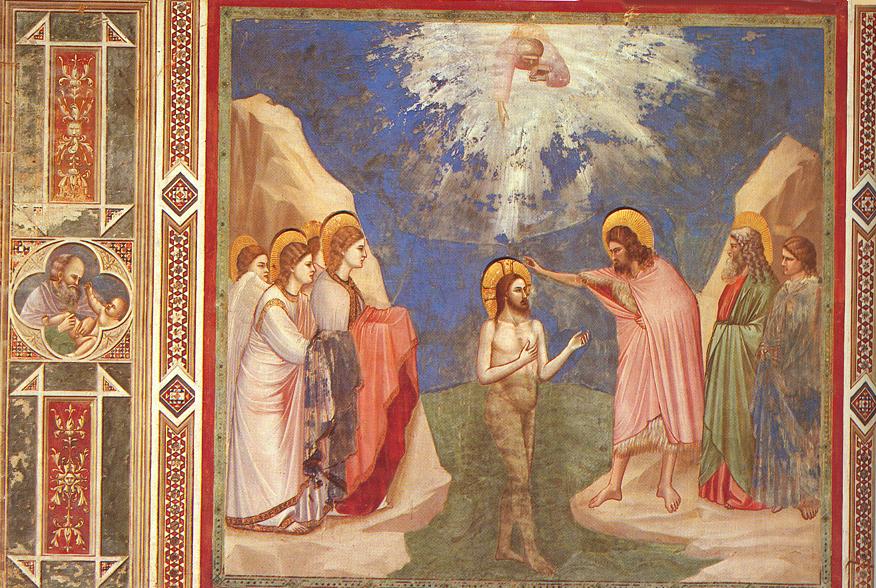Listen to Sermon
Pastor Tom Johnson, January 27, 2019
Head, shoulders, knees and toes.
Head, shoulders, knees and toes.
And eyes and ears and mouth and nose.
Head, shoulders, knees and toes.
This nursery rhyme celebrates the body. It gets young people moving. It reminds us of the blessing and gift of our bodies and the importance of our parts that we may take for granted until the cartilage in our knees or our rotator cuff breaks down.mPaul uses our physical bodies to understand what it means to be church together. The know ourselves as the body of Christ helps us understand, better appreciate, and celebrate who we are as sisters and brothers in the same family of faith. Paul reminds us of our unity in Christ no matter who we are—Jew or Gentile, slave or free. In other words, God embraces all humanity. He calls and draws the entire spectrum of people in this world. To God, all our differences are not liabilities but assets to his Kingdom. Each of us is fearfully and wonderfully made. We are all connected to one another. Each talent is part of a tapestry and network of gifts that make us beautiful and functional.
Paul pushes our discrimination and judgmental attitudes to their logical absurdities. What if our body was just one big eyeball? We would not be able to hear or walk around. What if our body was just one big ear? We would not be able to taste and see the goodness of God in the world around us. It makes no sense for one part of the human body to despise another part of the body. The head should not say to foot, “I have no need of you.” The lungs would never tell the heart that they are no longer going to work together. So we are members and partners in the Body of Christ. And if you have not noticed, we have a big problem with body shaming. We do not like this or that part of our body. We want to cover them up, forget that part of us, and emphasize those part of us that we find attractive. As a community of believers, we run the risk of the same body shaming. One ethnicity should not be valued more than another—one skin tone over another—or one social class over another.
The same goes for the gifts and talents we bring to this body. Our baritones should not say to our sopranos, “I will not harmonize with you.” Our trustees should not say to our board of stewardship, “We cannot work together on a capitol campaign.” Our prayer warriors dare not say to those busy with evangelism and outreach, “I will not pray for you.” And our Sunday school teachers better not tell our young people, “Just ignore the sermon. Don’t worry about participating in worship.”
Sometimes what you and I are passionate about differs. But we are still part of the same Body. It is okay for one of us to feel very strongly about certain issues as it relates to our faith and life. But it is not okay for us to invalidate those who may have other issues they care deeply about. God gave you that passion. Embrace it. Go with it. But do not be the eye that says to the hand, “I have no need for you.” Rather, seek a way of partnering together as one body to do all the work God has give us to do. Paul shows us that there can be a wide diversity of opinions, convictions, talents, and gifts. But we are all called to come under the same banner of Jesus Christ, seek first his Kingdom and his righteousness and all the blessings will be added to us.
This past Monday, I participated in a Martin Luther King, Jr service of worship. Pastors and members from a number of our Lutheran churches showed up. Choir members from various black Lutheran churches formed a large choir. They sounded a bit different from our choir. The keyboards and drums sounded different from our organ, piano, and tympani. But we were all singing about the same Christ and celebrating the one who died and rose for us. There is no need to draw ethnic, geographic, social, or denominational lines. We are all in this together. No one is dispensable or inferior. We are the body of Christ. Our body is a temple of the Holy Spirit—individually and collectively. We are members of a talented, gifted, beautiful, diverse organism called the church.
God wants us to encourage one another to grow and use our gifts. The impact we will have on the world around us will be a miracle and life-changing. Because it will not be merely us—but Christ in us, through us, and around us as the Body of Christ. God's plan and design is for us to be the embodiment of joy and health as his Body and presence. Just as Jesus bore the sin of the world in his Body and brought life through the resurrection through that same Body; so God will bless, forgive, encourage, and build up the world through us the Body of Christ.
Head, shoulders, knees and toes.
And eyes and ears and mouth and nose.
God loves you—all of you—from head to toe.





_-_James_Tissot_-_overall.jpg)
.jpg/935px-Gerard_van_Honthorst_-_Adoration_of_the_Shepherds_(1622).jpg)